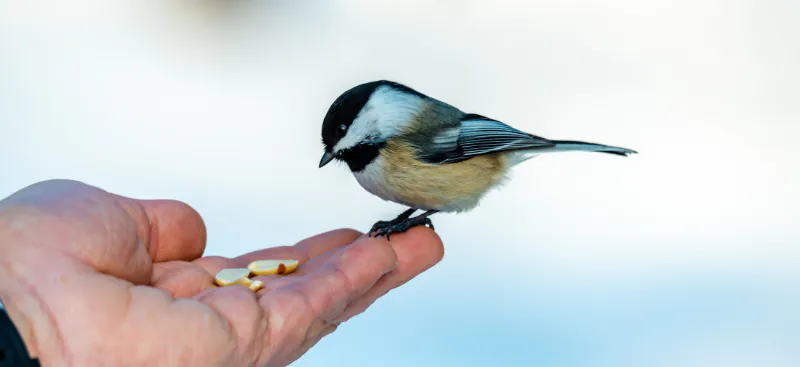The 10 Do's and Don'ts of Bird Feeding
If you are a bird-feeding novice looking for new ways to attract wild birds in the garden, it can be hard to know where to start with so much information out there. You may even consider yourself a bird caring expert already, yet you are still making rookie mistakes. We've put together a quick list of the do's and don'ts of bird feeding to help you keep your feathered friends happy and healthy, so they keep coming back to see you!
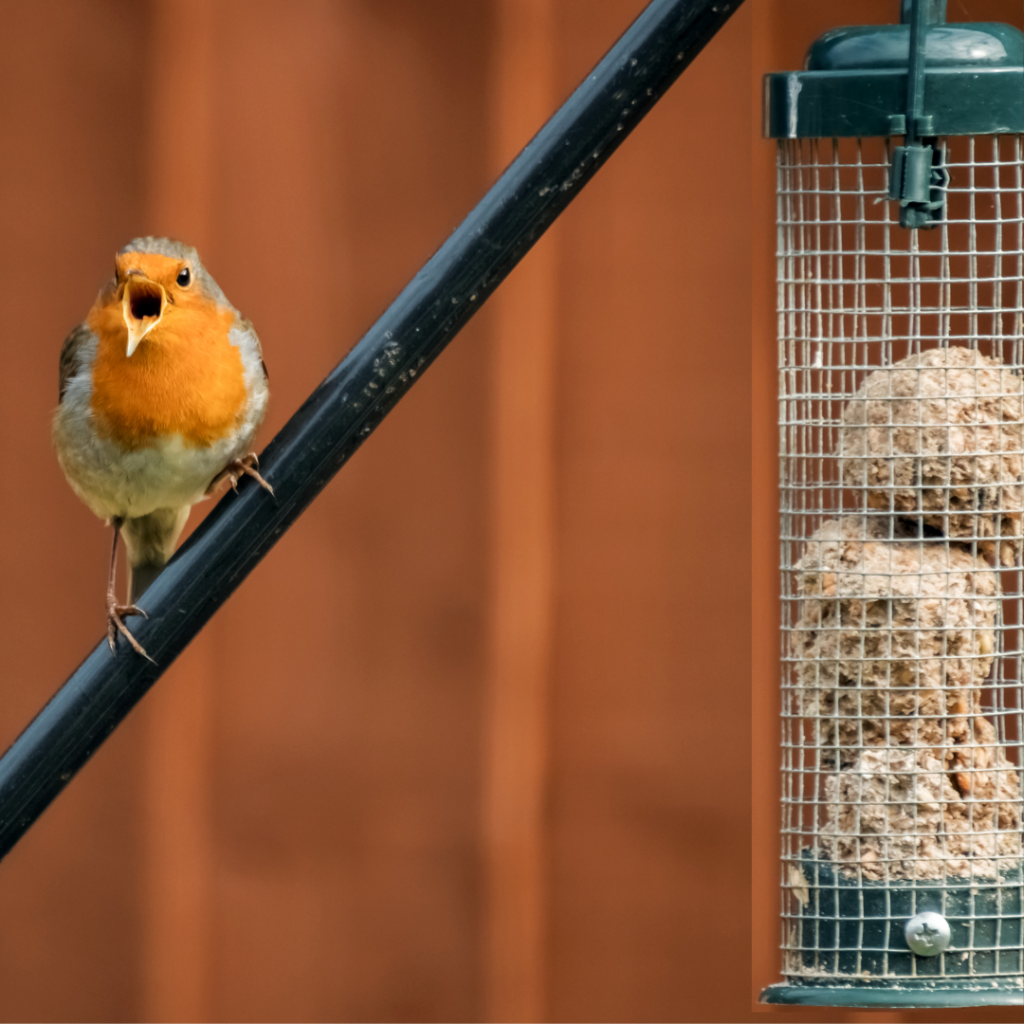
DO use a variety of bird feeders
When it comes to bird feeders, the more, the merrier! But don't just stick to one style. Bird species have their own feeding preferences and can be attracted to particular types of feeders. For example, Blue Tits can happily hang off a feeder without a perch, yet Robins need something to stand on while they eat. If you want to learn more about the different types of bird feeders and what species they will attract, check out our Are You Using the Right Bird Feeder? blog post!
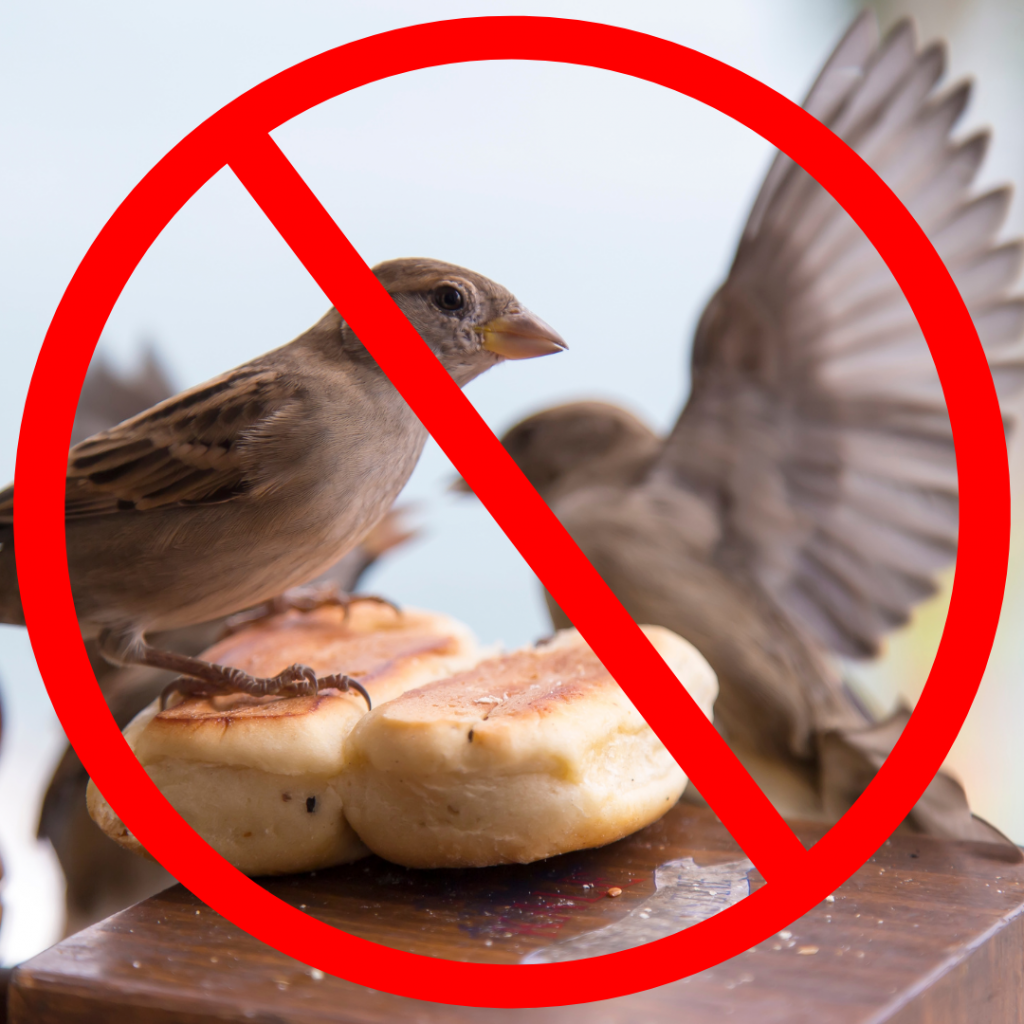
DON'T feed your birds any of the foods listed below
- Bird food with a nylon mesh- Some fat balls and peanuts come in mesh bags which can trap the birds' feet or beaks, which risks injury. (Our suet balls and any other bird food we offer are mesh-free)
- Milk- Birds (including fledglings) are lactose intolerant and cannot digest large quantities of milk and cheese.
- Bread, chips & cake- Very filling with zero to non nutritional value, these unhealthy carbs can also be a choking hazard.
- Spoiled bird food- If left in the feeders too long, bird food can become spoiled by mould and bacteria, which can spread diseases amongst birds.
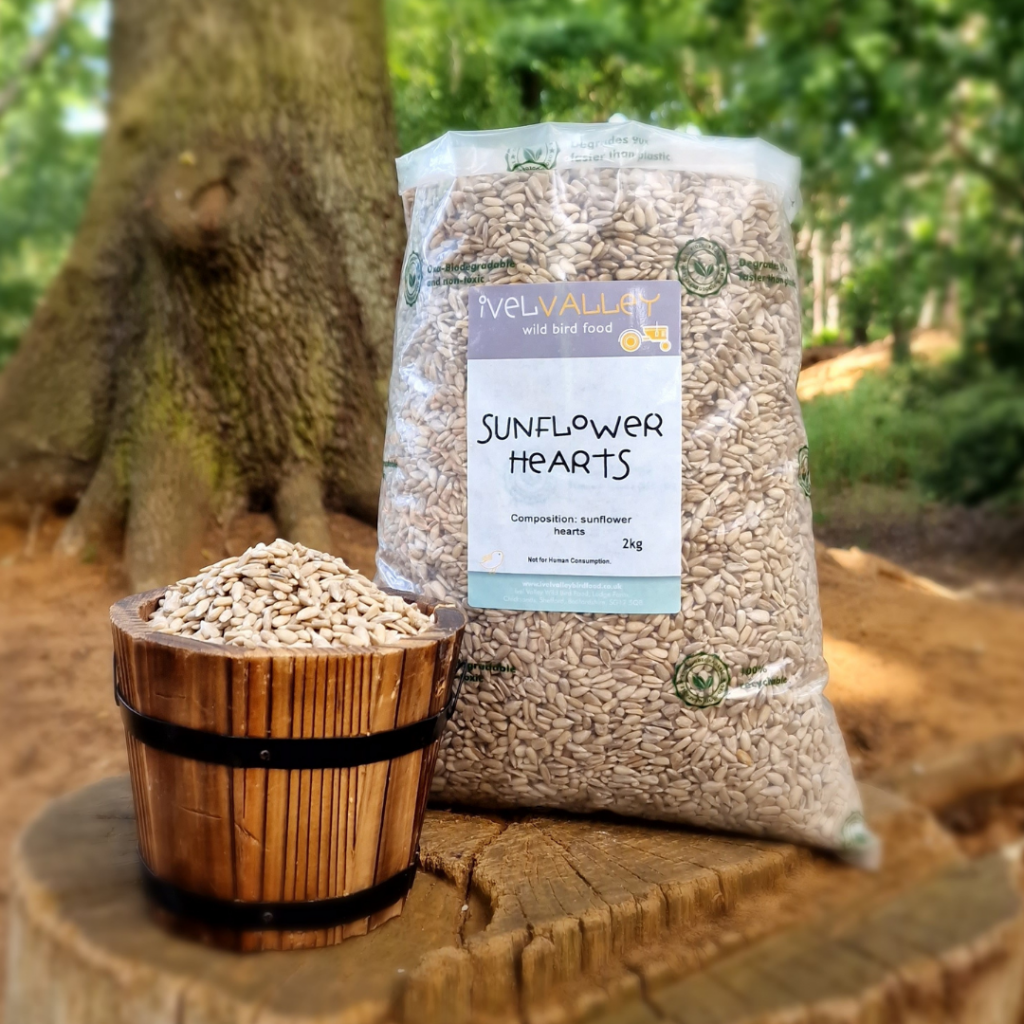
DO feed your birds quality bird food
Your wallet may love you for opting in for super cheap bird food, but the birds, not so much. Cheap bird food is usually packed with fillers and bad-quality ingredients that won't provide birds with the nutrients they need. Fill their tummies with good quality bird food that will help them grow healthy and strong to have the best chance of thriving in the wild. At Ivel Valley Bird Food, our straight seeds, seed mixes and suet treats are made up of the very best ingredients at affordable prices. So you don't need to burn a hole in your pocket when feeding your birds food high in nutrients for optimal health.
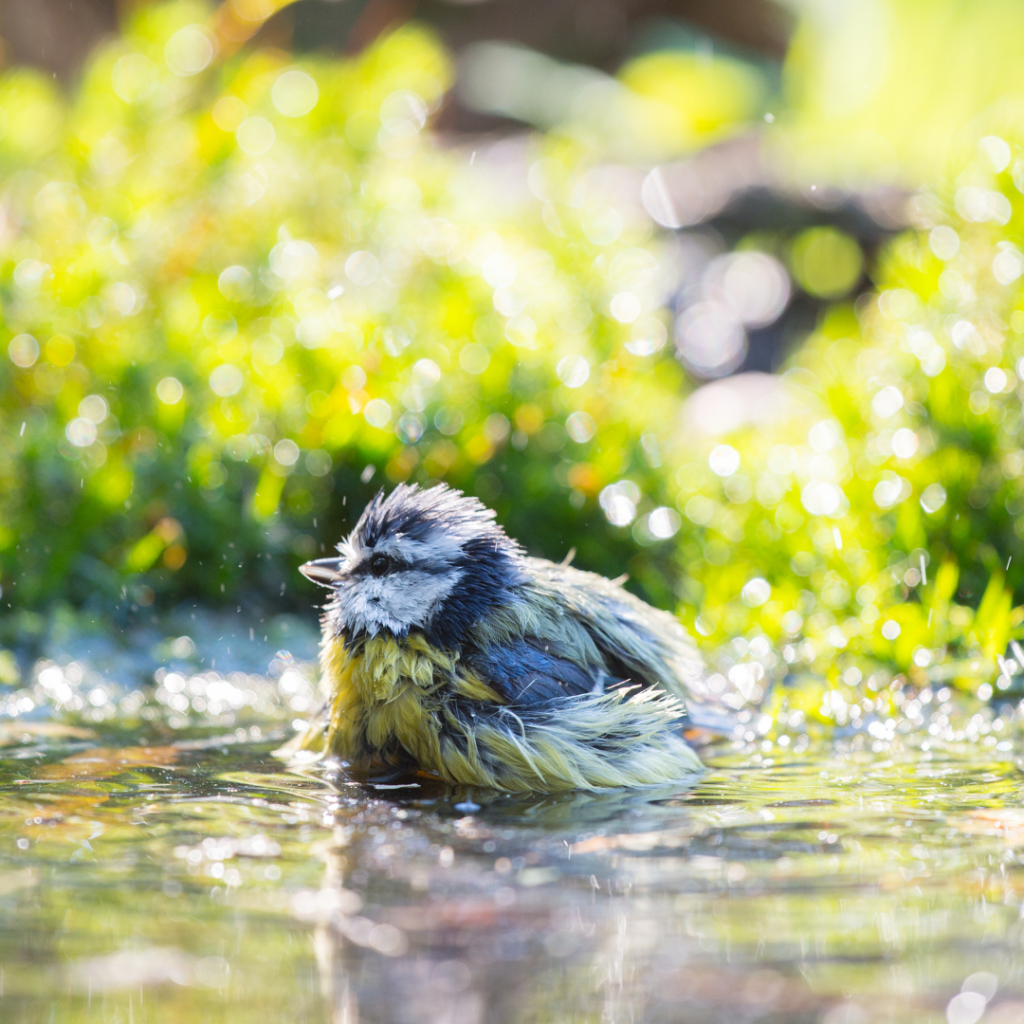
DON'T forget the water
Birds need a thirst-quenching drink just as much as we do. While many wildlife caring enthusiasts focus on topping up the feeders, many overlook the need to provide garden birds with a regular clean water supply. Not only is water great for keeping birds hydrated, but they will also use it for bathing. Birds cannot sweat, so they need baths to cool down on hot days. You don't need a fancy bird bath or water fountain to offer your thirsty friends a drink; any old shallow bowl is better than no bowl.
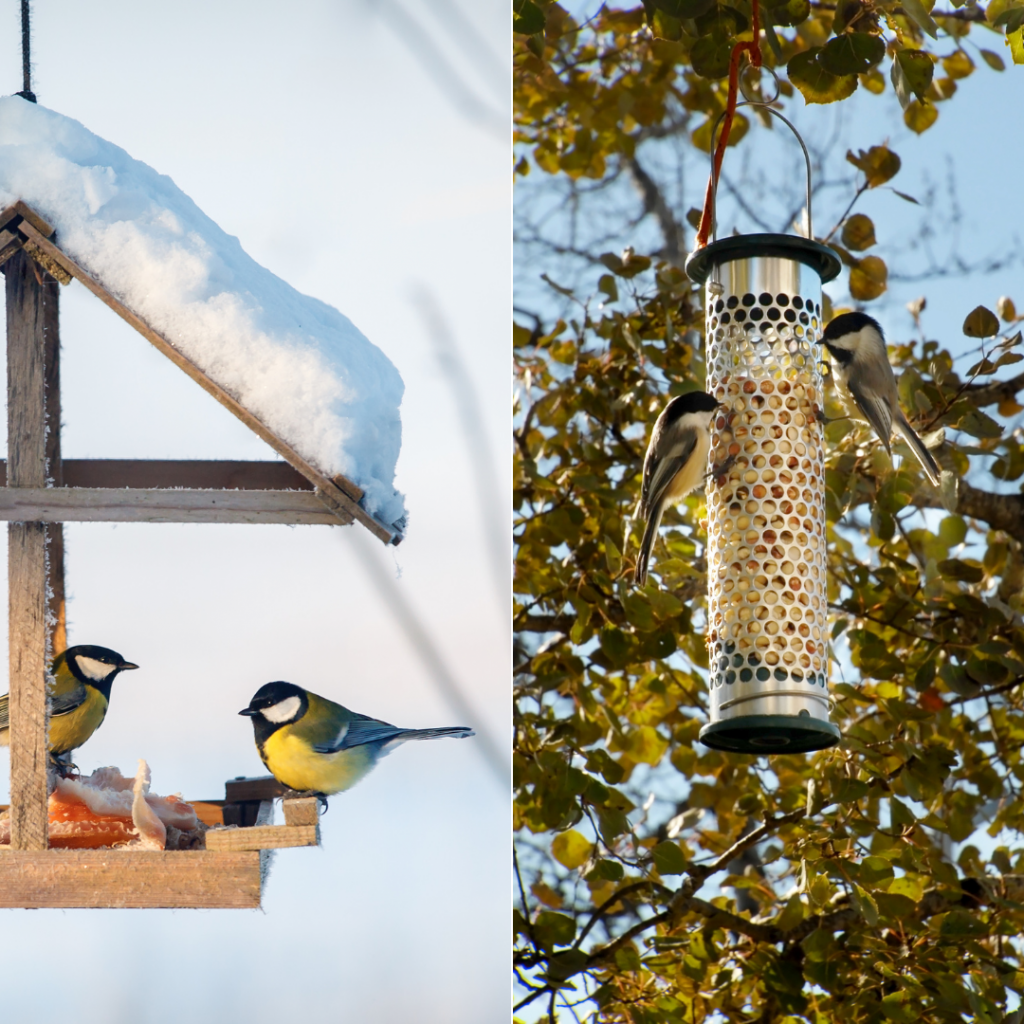
DO feed your birds all year round
Some may think that birds only need feeding at certain times of the year when in actual fact, they need assistance all year round! If you think the insects will keep them satisfied in the warm seasons, think again. The UK's flying insects alone have declined by 60% in the last 20 years. So, with tasty bug shortages occurring in spring and summer and a lack of natural food sources come autumn and winter, birds really need your help all year round.
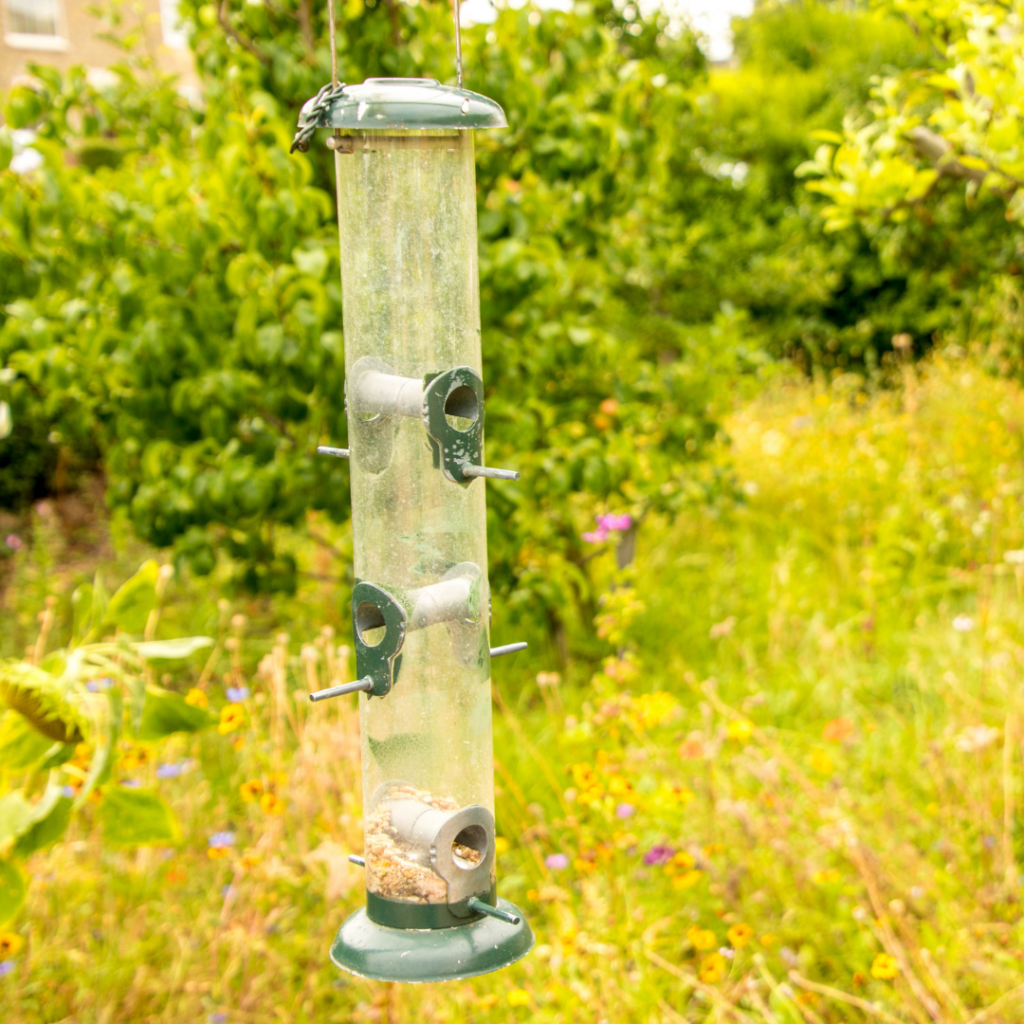
DON'T let your feeders go empty
If you want wild birds to be regular visitors to your garden, make sure you give them a reason to return! Empty feeders will have birds looking elsewhere for more reliable food sources. The longer you keep your feeders full, the more birds you'll attract.
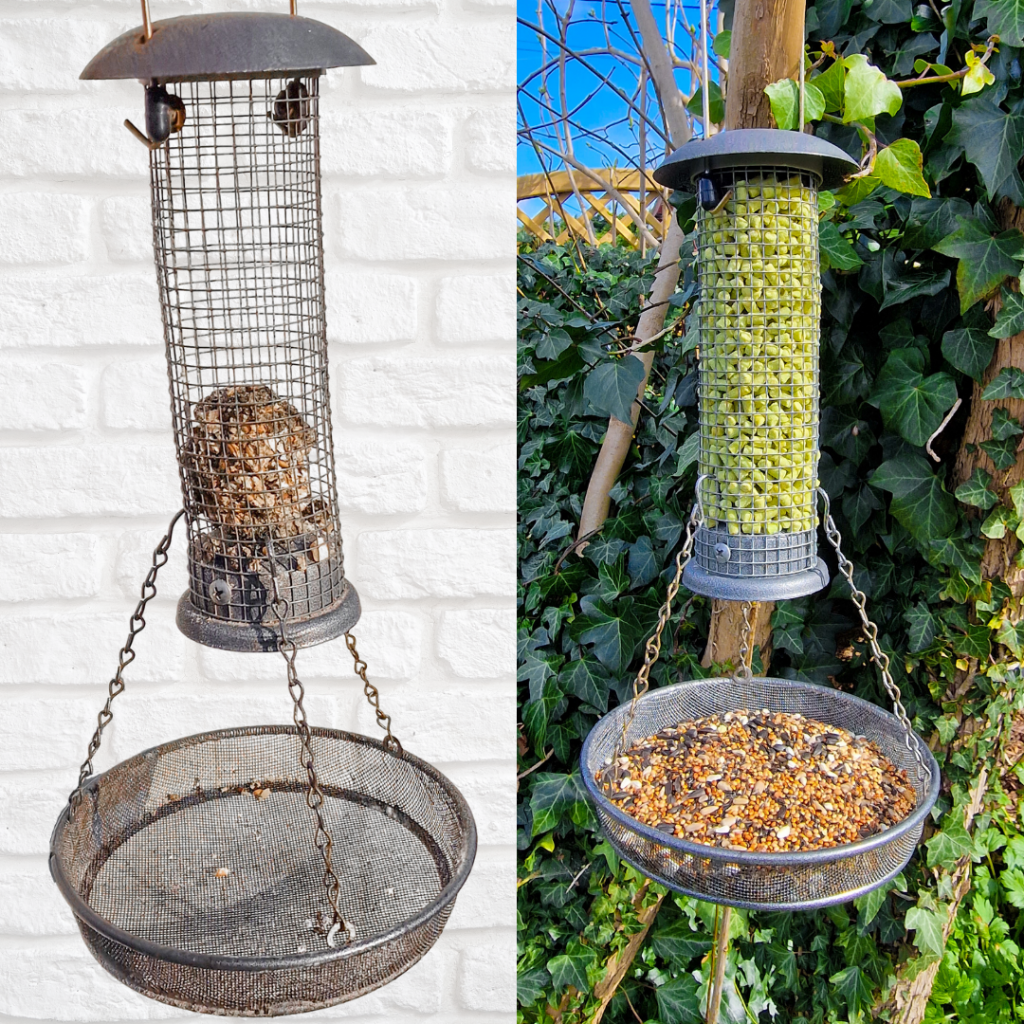
DO clean your feeders regularly
You may want to help your garden birds thrive in the wild by providing food through your feeders. But if you aren't cleaning the feeders regularly as well, you may be contributing to the decline of many bird species. A dirty bird feeder can harbour harmful fungi and bacteria, infecting hungry birds. These diseased birds can then spread the illness to other feeders and wild populations, leading to a colossal wipeout of entire nesting colonies. Click here for a step-by-step guide on how to clean bird feeders, and learn about the diseases your birds could catch if you don't clean them regularly.
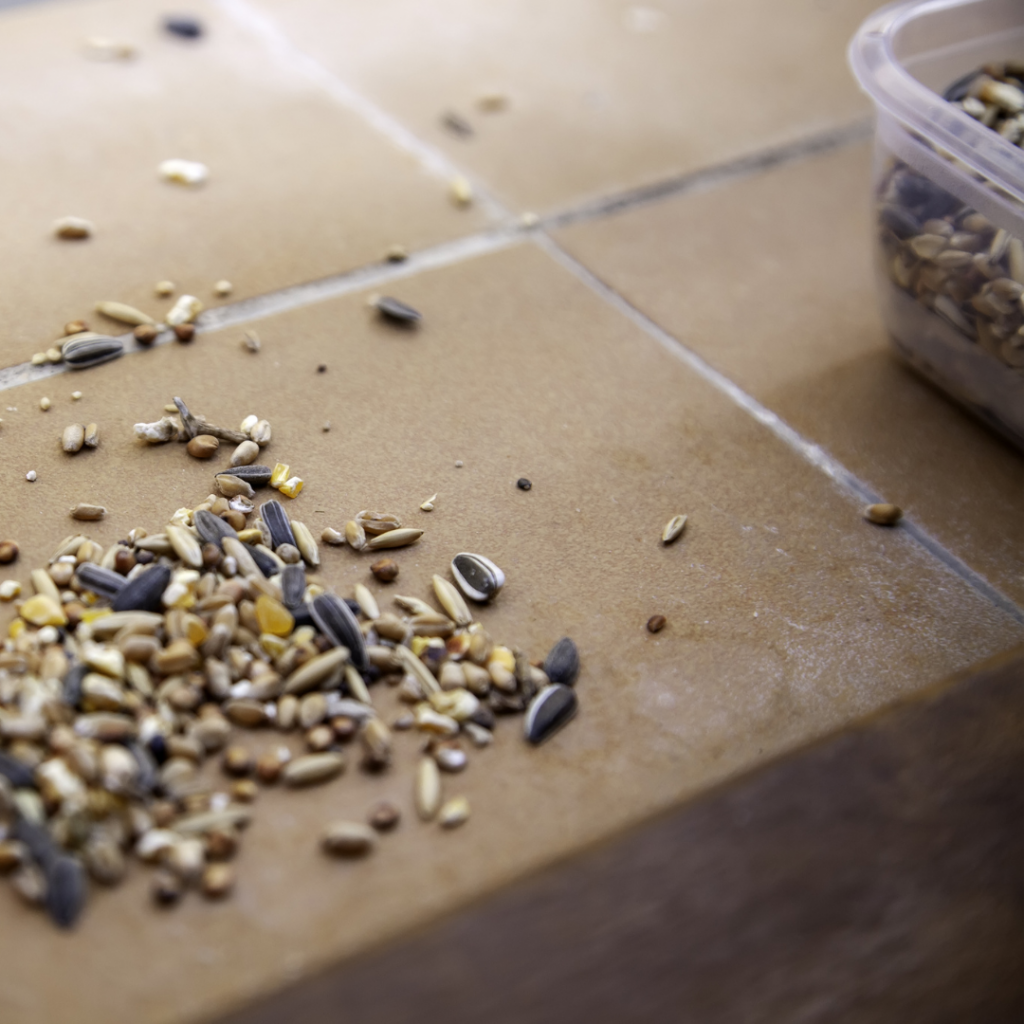
DON'T store your bird food in bad conditions
Dark, hot, moist environments are a big no no for places to store, as it’s a prime breeding ground for bacteria to grow and spoil your bird food. It also won't take rodents long to smell out the treats. Put your bird food in a sealable container (a metal bin would do) and place it in a cool, dry environment. Our bucket bundles come with a reusable large container which will store your bird food perfectly.
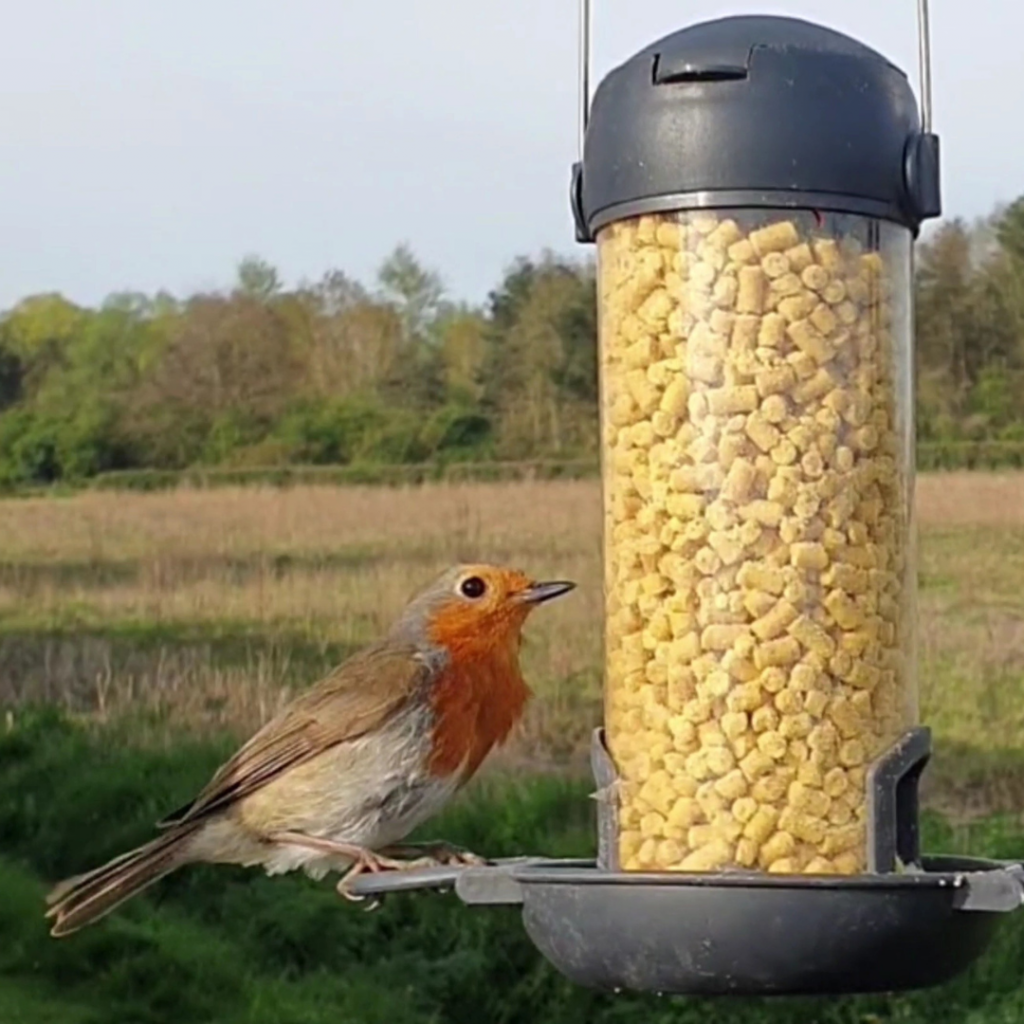
DO research what foods attract what birds
Food is key when it comes to attracting various bird species into your outdoor space. All bird species have their preference in food as well as feeder, and if you put out a variety of bird food in the garden, you'll attract different colourful species simultaneously. For example, niger seed is the best food to use if you want to attract Goldfinches. Robins are more attracted to mealworms, and Tits can't get enough of our suet pellets.
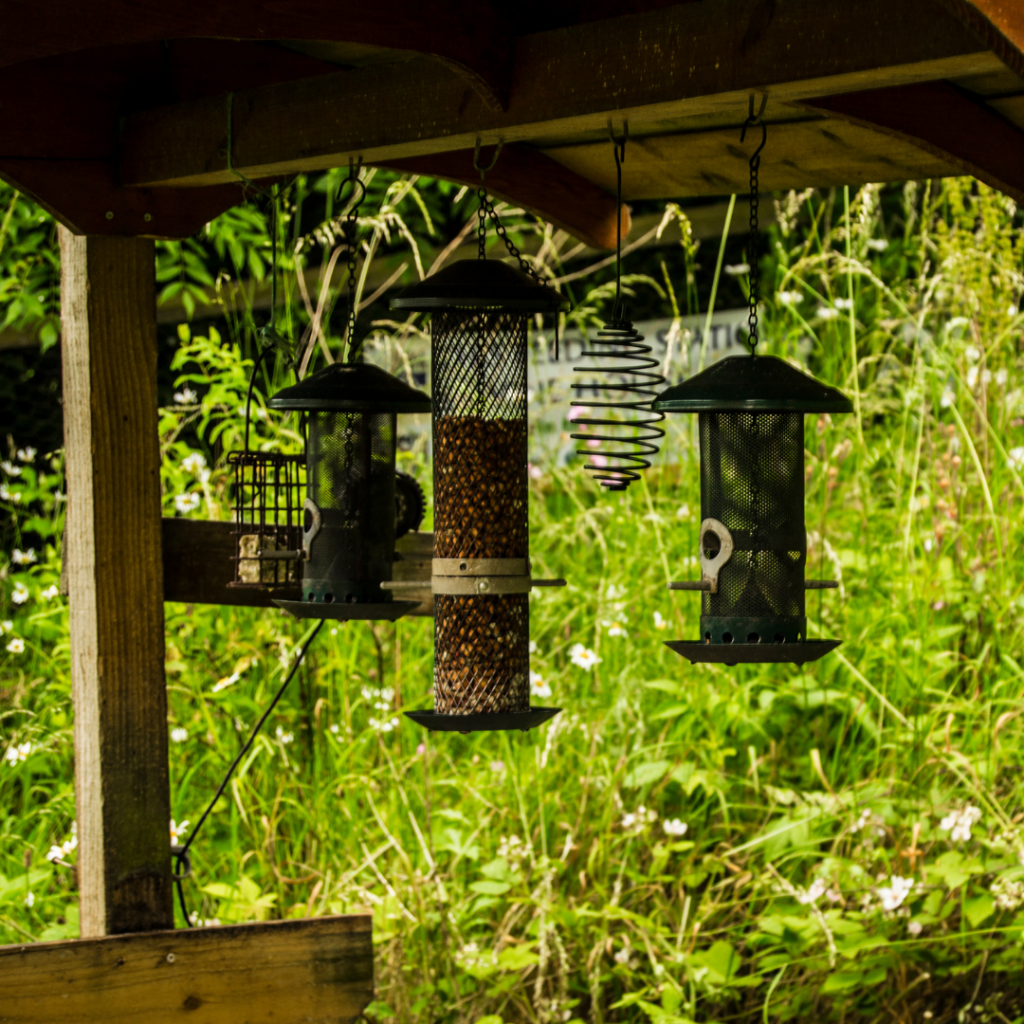
DON'T lose patience!
When setting up new feeders in your outdoor space, your birds may need some time to find them. But never lose hope! Sooner or later, they'll begin to arrive and will quickly return for more with friends.

